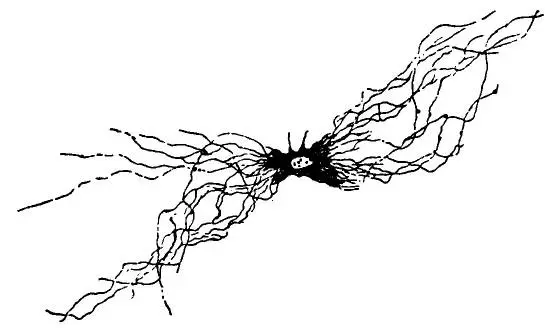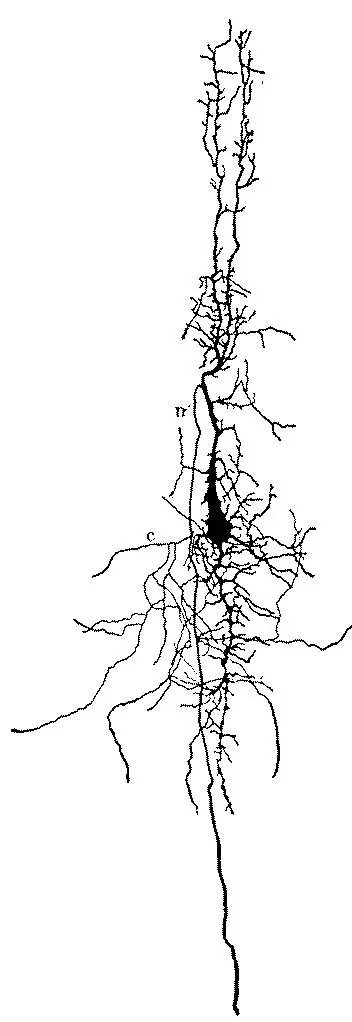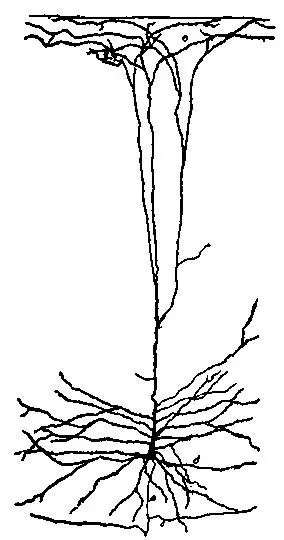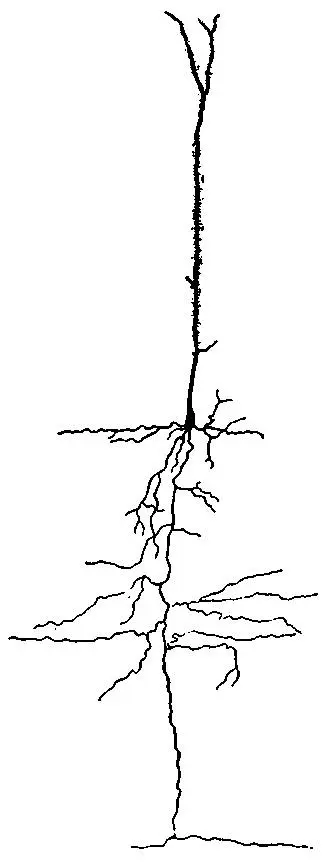James Walsh - Psychotherapy
Здесь есть возможность читать онлайн «James Walsh - Psychotherapy» — ознакомительный отрывок электронной книги совершенно бесплатно, а после прочтения отрывка купить полную версию. В некоторых случаях можно слушать аудио, скачать через торрент в формате fb2 и присутствует краткое содержание. Жанр: foreign_prose, psy_theraphy, foreign_edu, foreign_antique, на английском языке. Описание произведения, (предисловие) а так же отзывы посетителей доступны на портале библиотеки ЛибКат.
- Название:Psychotherapy
- Автор:
- Жанр:
- Год:неизвестен
- ISBN:нет данных
- Рейтинг книги:4 / 5. Голосов: 1
-
Избранное:Добавить в избранное
- Отзывы:
-
Ваша оценка:
- 80
- 1
- 2
- 3
- 4
- 5
Psychotherapy: краткое содержание, описание и аннотация
Предлагаем к чтению аннотацию, описание, краткое содержание или предисловие (зависит от того, что написал сам автор книги «Psychotherapy»). Если вы не нашли необходимую информацию о книге — напишите в комментариях, мы постараемся отыскать её.
Psychotherapy — читать онлайн ознакомительный отрывок
Ниже представлен текст книги, разбитый по страницам. Система сохранения места последней прочитанной страницы, позволяет с удобством читать онлайн бесплатно книгу «Psychotherapy», без необходимости каждый раз заново искать на чём Вы остановились. Поставьте закладку, и сможете в любой момент перейти на страницу, на которой закончили чтение.
Интервал:
Закладка:
According to his suggestion, sleep would be due to a separation of the neurons that run from the surface of the body to the brain cortex, because the various neurons had become too tired for further function. As a consequence of fatigue, their terminal filaments would fall away from one another, external sensations would no longer be communicated to the brain, because the peripheral neuron was not connected with the next in the chain. As a further result, the brain, undisturbed by sensations, would be left at rest so far as the body was concerned. Within the brain certain connections through which flow thoughts that would keep us awake, are also supposed on this theory to be broken, and consequently all the nerve cells have a chance to rest, except, of course, those concerned with such very vital functions as heart movement, respiration and peristalsis.

FIG. 11.—ISOLATED CELL FROM HUMAN SPINAL CORD (Obersteiner).
Somehow, these vital neurons obtain their rest in the intervals between the impulses which they send down, just as cardiac cells do between heart beats.
Neurons in Psychic States .—This same explanation would serve for narcosis, that is, for anesthesia, due to chloroform or ether, or any other drug. As a consequence of the effect of the narcotic upon the central neuron, they are brought into a condition resembling fatigue, at least to the extent of breaking their connections with other neurons so long as they are under the influence of the drug. While sensory nerves at the periphery, then, are being stimulated by the cutting of tissues to which they are attached, the message from them does not reach the brain because of a disturbance of the connections in the chain of neurons. Drunkenness illustrates the same phenomenon in a less degree. The effect of the intoxicant upon the central neurons disturbs sensation because it makes the connection much less complete than before, and so it is easy to understand the familiar occurrence of even severe injuries to drunken men without their being aware of them, or at least without their suffering nearly so much as would be the case if they were not intoxicated.
Hypnotism .—The same theory would also hold for the phenomena observed in hypnotism. After all, the best explanation of hypnotism that we have is that there is a turning inward of the patient's attention, so that only those sensations are allowed to reach the brain to which mental attention has already been called by suggestion. Hypnotism usually begins with a certain fatigue of peripheral neurons until these do not act normally, and then the cerebral neurons become, as it were, short-circuited on themselves with a consequent internal concentration of attention. The anesthesia so often noted in hypnotic or hysterical states is explained by the same theory. For the time being, at least, the connection between the peripheral neurons and the central neurons is broken or but imperfectly made, and conduction does not take place, or is hampered. There may be loss of motion as well as of sensation, or of motion without sensation. In all these cases, the discontinuity of the nervous system enables us to understand more readily the mechanism by which these curious phenomena occur. Exaltation or intense interest or profound preoccupation may so concentrate nervous energy within the nerve centers themselves as to inhibit the flow of sensory impulses from without and thus enable people to stand pain and fatigue that would otherwise seem quite unbearable.
Unconsciousness .—The unconsciousness due to apoplexy, or to a blow on the head, would be comparatively easy of explanation on the same theory. The hemorrhage would actually push certain neurons apart within the skull, or the intracranial pressure produced by it would keep them from making proper connections. A blow on the head may readily be supposed to jar neuronic terminal filaments so severely that it would be some time before connections could be made, and the injury might be serious enough to prevent certain cells from ever again coming in contact in such a way as to allow the passage of nerve impulses from one to the other. Concussion of the brain would, on this theory, mean that neurons were so shaken apart as to produce some confusion in their terminal filaments and consequent serious disturbances of consciousness, if not its complete loss, and corresponding disturbance of the power to move. In a word, this theory would seem to afford a reasonably satisfactory explanation for most of the extraordinary phenomena of mental life and, therefore, might also be expected to be applicable to the ordinary phenomena, though these are so elusive that it is difficult to satisfactorily apply theories to them.

FIG. 12.—NEURON FROM THE OPTIC LOBE OF THE EMBRYO CHICK (after Kölliker). The axon n runs toward the center, giving off in its course several collaterals. One of these, c, is much branched. (Barker.)
Tired States .—When fatigued, it becomes extremely difficult for us to follow a train of thought, especially if it is somewhat intricate. It becomes easy to forget things, even such as under ordinary circumstances would be readily remembered. Names are much more likely to be forgotten. Facts and, above all, dates, refuse to come as they do under normal conditions. Efforts in the direction of recalling details are eminently unsatisfactory. The command goes forth, but there is evidently hesitation about obedience. Other thoughts intrude themselves. Ideas come unbidden. The connection of thought is readily broken, and is hard to get at again. There may have been very little mental work, but somehow the fatigue of the general physical system is reflected through our central nervous system on the mind as well as the body. The early morning hours are the best for mental work, not, it seems, because the mind is fresher after its rest, but rather because the physical factors that are important for mental action are in good condition. Later they become disturbed by the fatigues of the day. The delicate cells of the brain become fatigued by sympathy with the somatic cells and it is harder to secure those nervous connections necessary for thought.

FIG. 13.—DEEP LAYER OF GIANT PYRAMIDAL CELLS OF THE POSTERIOR CENTRAL OR ASCENDING PARIETAL, CONVOLUTION OF A CHILD THIRTY DAYS OLD. a, axis-cylinder; c, collateral branch; d, long basilar dendrites; e, end tuft. (Ramon y Cajal.)

[Illustration: FIG. 14—PYRAMIDAL CELL OF CEREBRAL CORTEX OF MOUSE (after Ramon y Cajal).]
Voluntary Neuron Motion .—This theory of Duval's supposes that to some extent the neurons or nerve cells are possessed of voluntary movement. At least during certain states of the mind, they are moved and seem to have an inherent, if not quite voluntary, power of motion. There are many objections urged against the theory because of this neuronic motion. It has been said that the movement of neurons has been observed in certain of the Medusae . The observation has been doubted and it lacks confirmation. In higher animals, of course, the observation is impossible because an investigation of the nervous system for this purpose would necessarily bring about the death of the animal and the cessation of spontaneous mobility. Whether it occurs or not, therefore, is a theoretic problem. So many objections tell against Duval's theory that it is now only discussed because of its subjective value.
Читать дальшеИнтервал:
Закладка:
Похожие книги на «Psychotherapy»
Представляем Вашему вниманию похожие книги на «Psychotherapy» списком для выбора. Мы отобрали схожую по названию и смыслу литературу в надежде предоставить читателям больше вариантов отыскать новые, интересные, ещё непрочитанные произведения.
Обсуждение, отзывы о книге «Psychotherapy» и просто собственные мнения читателей. Оставьте ваши комментарии, напишите, что Вы думаете о произведении, его смысле или главных героях. Укажите что конкретно понравилось, а что нет, и почему Вы так считаете.












